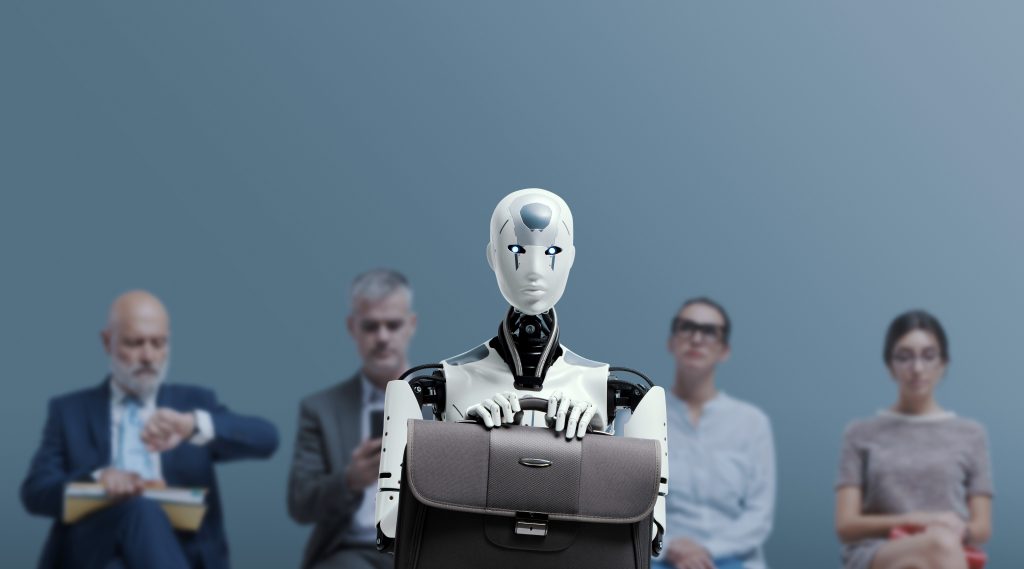As Artificial Intelligence models become more complex in turn requires a vast amount of data to improve, a significant question has emerged. Will we run out of high-quality data to train them on?

The Challenge of Finite Data
The most powerful AI systems, particularly large language models (LLMs), have been trained on an immense corpus of human-generated data scraped from the internet. This includes books, articles, and social media. Researchers have estimated that the stock of this public, high-quality human-generated text is finite. It could be fully utilized sometime between 2026 and 2032. This potential “data wall” would slow down the exponential progress we’ve seen in AI development.

The Solutions: A New Gold Rush for Data
The AI industry is well aware of this challenge. It is actively working on solutions. The future of AI training data will likely involve a multi-pronged approach:
* Synthetic Data Generation: This is the most promising solution. Synthetic data is information that is artificially created by a computer, rather than being collected from the real world. AI models can generate vast amounts of new, diverse, and realistic data to train other models. This helps fill the gap where real-world data is scarce, sensitive, or too expensive to acquire.
* New Data Streams: The industry is looking beyond the traditional internet data. New sources include real-time data from IoT (Internet of Things) devices, specialized corporate and government datasets. It will partner with media companies to license high-quality, copyrighted content.
* Active and Transfer Learning: Developers are improving training methodologies to get more value out of less data. Active learning involves AI models asking humans to provide specific data points that are most helpful for their learning. This makes the process more efficient. Transfer learning allows a model to apply knowledge learned from a vast, general dataset to a smaller, more specific task. It will reduce the need for enormous new datasets from scratch.

While the “gold rush” for human-generated text may be ending, the “gold” itself is evolving. The focus is shifting from simply having more data to having smarter, more diverse, and ethically sourced data, ensuring that AI’s evolution can continue unabated.
MUST READS
Ohio Grocery Prices Are Still High: How to Take Control? – News Talk Ohio
AI is Changing Radio, TV, and Movies: The How and Why – News Talk Ohio

Viorica Bruni Editor Athletica Sports Web Publication
Content Creator Collective Audience Media











